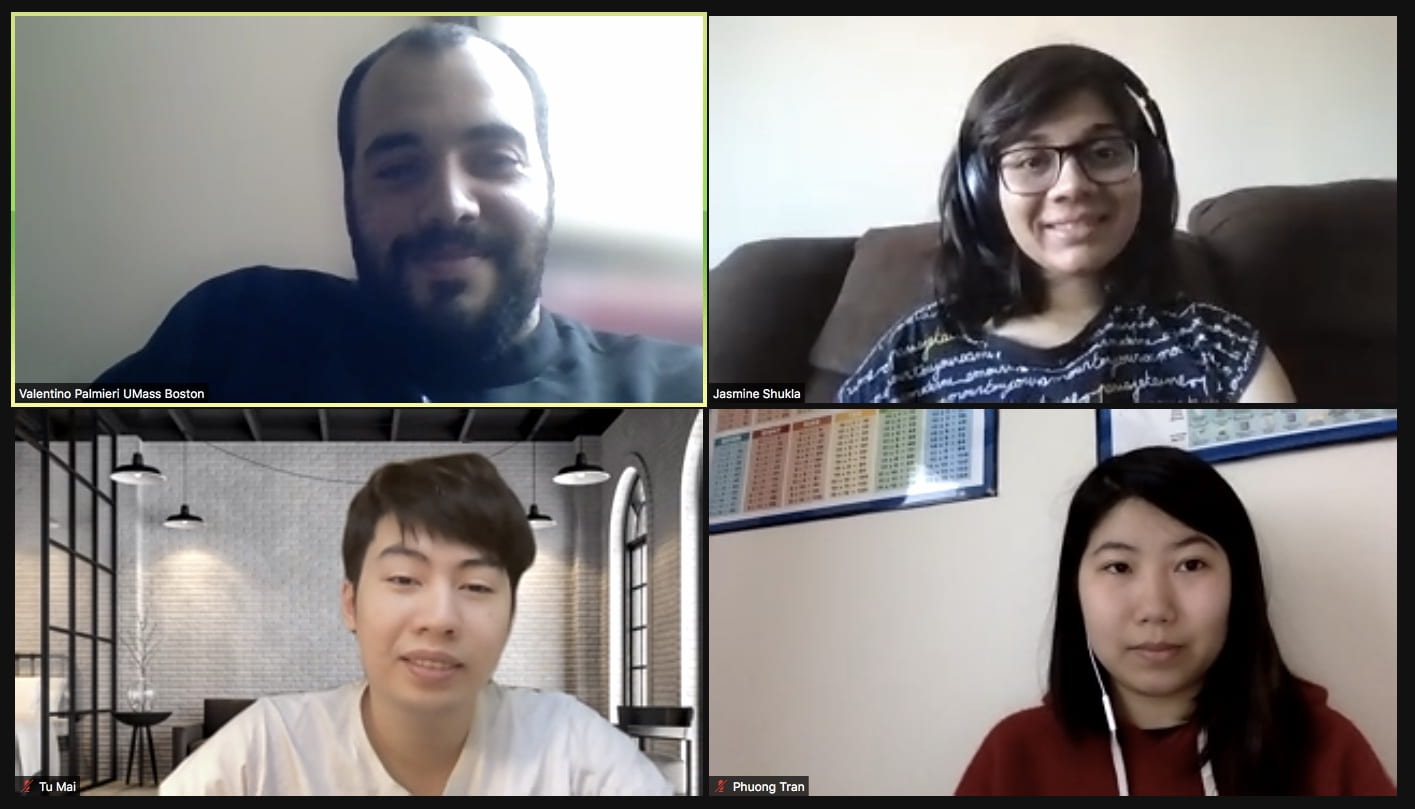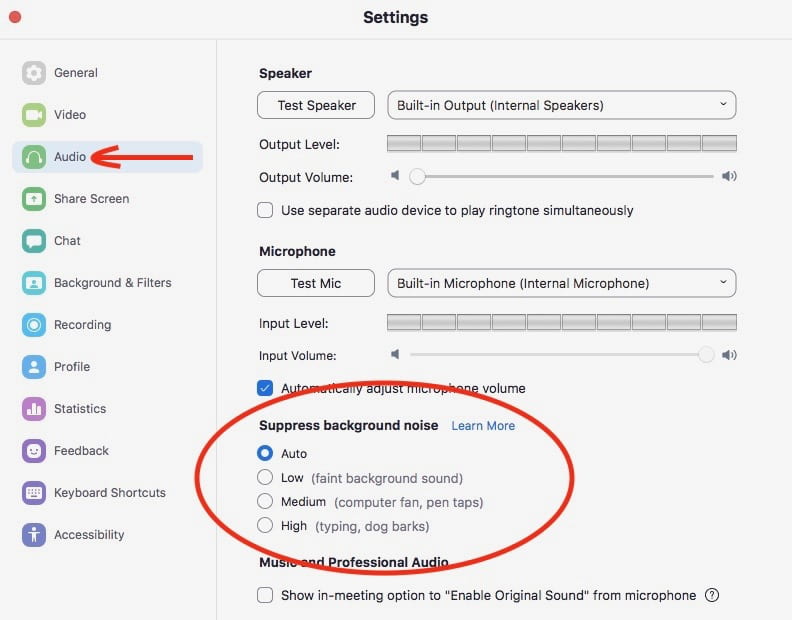By Anna G. Szczebak
Do you want to learn the ins and outs of UMass Boston’s Graduate College of Management? Well, who better to turn to than the experts themselves: current students. On March 22, April 12, and April 19, College of Management Graduate students invited prospective students to join them for three virtual information sessions, Why UMass Boston?, Work/Life and Grad School Balance, and MBA/Master’s Programs Explained.
Moderator Anna Szczebak (MBA), and panelists Jack Li (MBA), Priya Padhiyar (MSBA), Valentino Palmieri (MSF), Joshua Fried (MBA), and Arsalan Siddique (MBA), share personal experiences from their respective programs.
If you missed these panels, watch the recordings on the College of Management website or read below for a brief snapshot of each.
Why UMass Boston?
The panelists covered affordability, diversity, programs and specializations, degree flexibility, networking opportunities, student resources, and more.
Attendees learned that UMass Boston is the third most diverse university in the country. This impressive statistic shows just how dedicated UMass Boston is to living out their mission and values.
Arsalan shares his perspective, saying, “It’s really a diverse campus. As an international student, it’s interesting to see diversity like that. It’s a respectful and inclusive environment. Diversity plays an important role in your education.”
A poll conducted during the event showed that 75% of attendees consider affordability an important factor in their grad school decision.
“Coming from a family of immigrants, affordability was very important to me. That’s why I chose UMass Boston,” shares Jack.
Work/Life and Grad School Balance
This balance is an important component of graduate school. And, admittedly, not always an easy one to maintain. The panelists give realistic depictions of how they manage to go to school and work full-time while still balancing family, friends, and fun. They touch on topics such as UMass Boston’s flexible degree programs, time management skills, and tips and tricks for coping with heavy course loads.
“Being in school and working full-time has enhanced my time management skills. It has helped me become a better version of myself and a better professional because I am exposed to all these different challenges,” says Arsalan.
MBA/Masters Programs Explained
Maybe you already know which program you want to pursue. Or perhaps you’re deciding between more than one. Either way, this panel gives a valuable, insider look into the nitty-gritty of UMass Boston’s MBA, MS degrees, and certificate programs.
Josh touches on the flexibility of the MBA program, saying, “You can customize the course load that works for you. There isn’t a wrong way to do it. There is a temptation to get it done all at once, and there is a one-year option, but it depends on the person. I encourage you to pursue the option that works best for you, whether it’s full-time, part-time, online, or in person.”
















